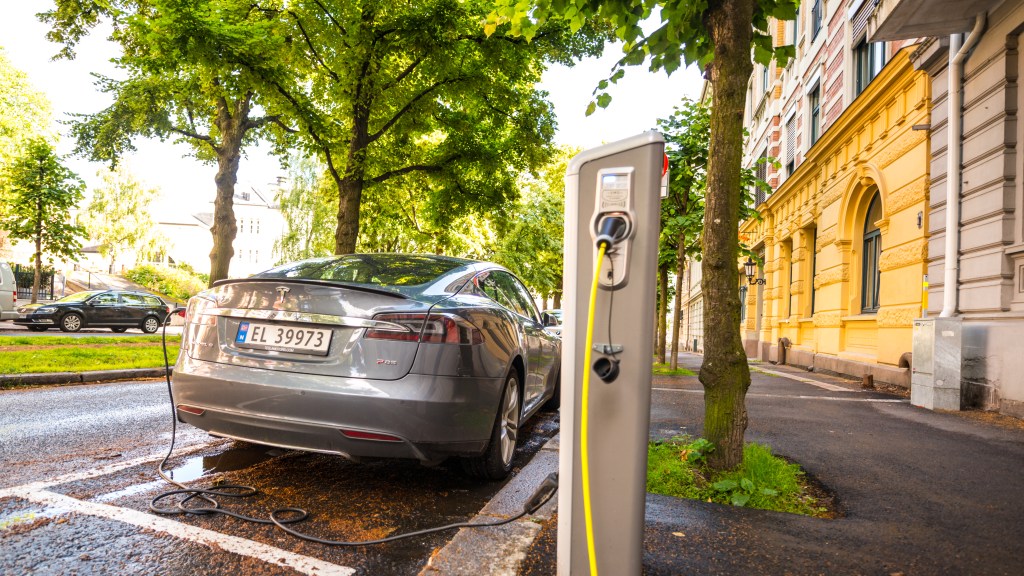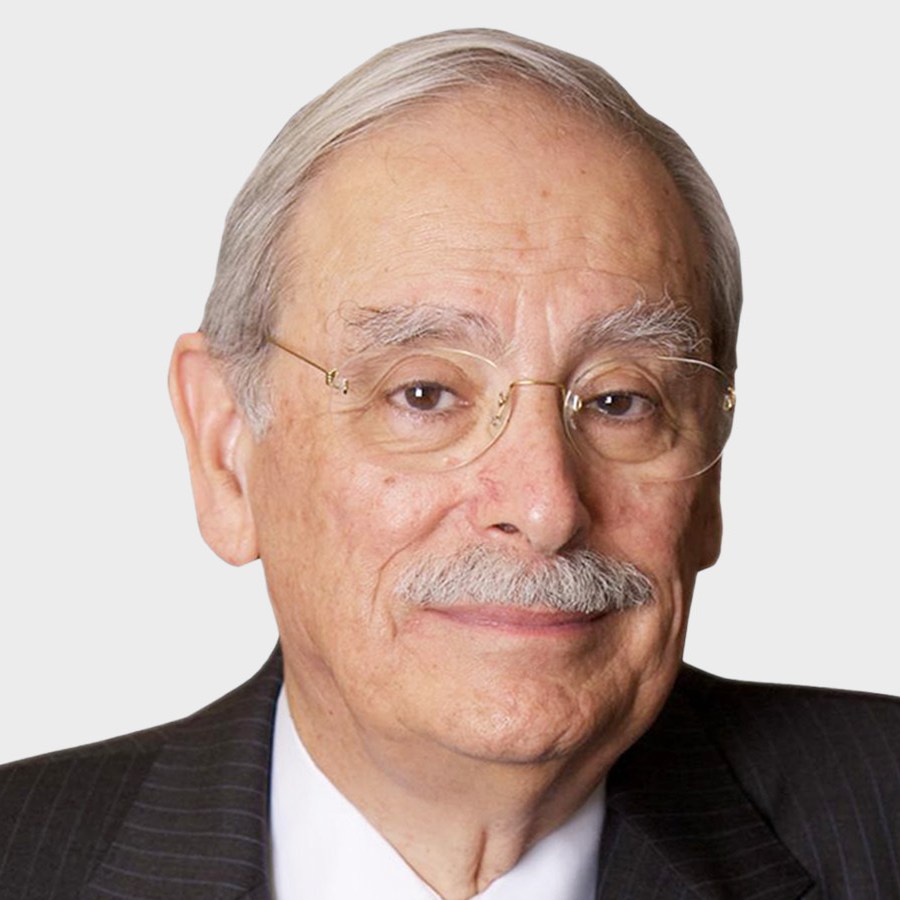Tesla Faces Challenges in European Market as Sales Decline
Tesla is experiencing significant challenges in the European market, with new data revealing a continued downturn in sales during May. This follows disappointing sales figures from April, highlighting an increasing competitive pressure from both Chinese and European electric vehicle manufacturers.
The most dramatic drop was observed in Portugal, where Tesla’s sales plummeted by 68 percent year-on-year, resulting in just 292 new vehicle registrations, while the overall EV market in the country experienced a 24 percent growth.
In France, Tesla sold only 721 vehicles in May, reflecting a 67 percent decrease from the same month last year, marking one of the brand’s weakest performances in the country in over three years.
Additionally, countries like Sweden and Denmark, known for their strong support for electric vehicles, reported decreases in Tesla sales of 54 percent and 31 percent respectively. In Sweden, the company managed to sell only 503 units during May.
During the Qatar Economic Forum in May, Elon Musk asserted that Tesla is not facing a demand issue, indicating that although Europe is currently its weakest market, the broad competition is a challenge for all automakers in the region.
However, contrasting data suggests that competition from Chinese and European brands is intensifying. In April, BYD, a Chinese electric vehicle manufacturer, surpassed Tesla’s sales in Europe for the first time, registering a remarkable 169 percent growth, while European brands such as Skoda, Ford, and Citroen saw their sales triple compared to the previous year.

Tesla has faced backlash and protests related to Musk’s political statements, along with challenges stemming from its aging vehicle lineup. The company attributed its lackluster first-quarter performance to limited availability of the Model Y, which was undergoing design updates.
Pressure from shareholders and underperformance led Musk to resign from his role at the Department of Government Efficiency, where he had initially set ambitious savings goals that were later revised. Before leaving, he made significant cuts to federal jobs across multiple government agencies.
The Tesla board is currently reviewing Musk’s compensation, which may lead to him receiving a new stock options package, potentially raising his stake in the company from just under 13 percent to over 20 percent.
The only favorable outcome for Tesla in Europe came from Norway, where sales soared by 213 percent in May, primarily due to the new Model Y. This boost may also be a result of Tesla offering zero-interest loans to customers in Norway and other European markets who receive their new cars by the end of June.
Experts note that this rebound in the Nordic region emphasizes the necessity for Tesla to continuously update its product offerings to remain competitive, particularly as rivals like BYD gain market share with aggressive pricing strategies.
In the U.S., Tesla has also begun to see a sales slowdown, although specific figures for May are still pending. Reports indicate that new registrations fell by 5 percent in the first quarter of the year in its largest market, whereas the overall EV market grew by 17 percent.
In China, Tesla is expected to deliver approximately 39,000 vehicles in May, representing a 32 percent increase from April, though this figure is 30 percent lower compared to the previous year. China remains a crucial market, accounting for 40 percent of Tesla’s total global deliveries in the first quarter.
Recently, Bloomberg reported that Tesla is set to launch its driverless ride-hailing service in Austin, Texas, beginning June 12. Initially, the service will be accessible to a select group of riders by invitation only. Musk mentioned plans to scale up to thousands of robotaxis within months and potentially expand to other cities as permitting processes allow.




Post Comment